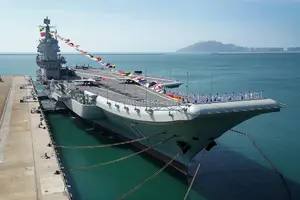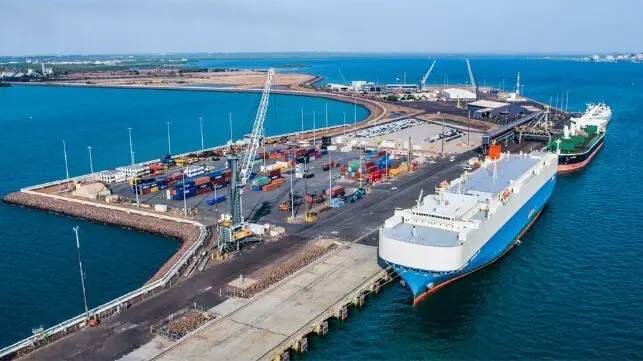The legal framework governing maritime affairs in Indonesia is critically in need of reorganization to promote efficiency and support the blue economy, which has been largely neglected. This pressing issue was highlighted during a panel discussion titled “The Nexus of Climate Change and Maritime Law” at the Indonesia Maritime Week 2025, featuring key insights from Johannes Cruz BM Hutagaol, Executive Director of the Maritime Law Study Center at Diponegoro University.
Johannes emphasized that the current legal framework struggles to meet contemporary challenges. He cited the significant arrests of fishing vessels in Batam, which were allegedly based on overlapping policies, leading to investment uncertainty in the maritime sector. He criticized the inefficacy and sluggishness of current law enforcement, advocating for the establishment of a Maritime Commercial Court or Admiralty Court. Such a court would enable law enforcement officials to navigate maritime law more effectively, reducing regulatory fragmentation and improving dispute resolution.
Legal certainty in maritime affairs significantly impacts various sectors, particularly the national economy. For instance, the seizures of vessels carrying essential goods during the 2020 Batam incident escalated market prices due to logistical disruptions. Therefore, Johannes called for the government to expedite measures that would make the blue economy a core economic driver, enhancing legal frameworks to ensure Indonesia’s commitment to net-zero emissions through sustainable practices in shipping and fishing.
Luky Adrianto, a professor at IPB University, elaborated on the concept of the blue economy, asserting it spans beyond maritime transport and logistics to include sustainable management of aquatic and marine resources. He stressed the importance of regulating sectors like deep-sea mining, oil, and gas to prevent ecological harm while advocating for revitalizing the maritime sector. Luky expressed optimism that a properly managed blue economy could significantly contribute to Indonesia’s GDP, which currently stands at around 7%.
However, he noted that government initiatives for the national strategic projects for 2025-2029 appear to lean heavily toward land-based ventures, inadequately prioritizing the non-extractive, environmentally friendly maritime sectors. Luky called for a more balanced approach that fosters the blue economy as a pivotal engine for growth.
In summary, the discussion at Indonesia Maritime Week reflects a broader acknowledgment that Indonesia’s maritime legal framework must evolve to effectively support sustainable economic practices and bolster legal certainty, which is essential for realizing the potential of the blue economy. Enhanced collaboration between various sectors and regulatory clarity are crucial for advancing Indonesia’s maritime interests in a sustainable manner.
Source link


